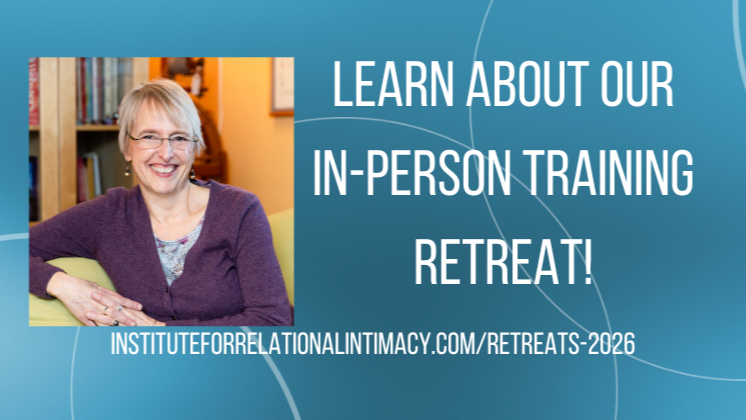Willingness Is Enough
Mar 21, 2018
If you move in sex-positive and/or feminist spaces, you may have heard the term “enthusiastic consent.” Enthusiastic consent is the idea that consent requires the presence of a “yes,” not just the absence of a “no.” The enthusiastic consent movement is doing a lot of important work reframing our cultural dialogue around sex and fighting against coercion and assault. However, sometimes I think the term “enthusiastic consent” can obscure something important—namely, that sometimes willingness is enough to engage in a sexual encounter.
Some people experience desire spontaneously. That is, they’re going about their day, and then all of a sudden they think, “Wow, I’d like to have sex”–and then, perhaps, they act on that desire in some way. This way of experiencing desire is what we tend to think of as the “normal” way. But it’s far from the only way, and in reality, it’s no more normal than any other experience.
Other people tend to experience more responsive desire. That is, they start to actively desire sex only after a sexual encounter is underway. They start with willingness, and their desire blooms as the encounter continues. This is a perfectly normal and healthy way to experience desire.
Because we tend to think of spontaneous desire as the norm, people who more frequently experience responsive desire may be pathologized as having low desire, or even NO desire. They may think of themselves as lesser or broken. Their partners may fear that they are not attracted to them, because they don’t tend to initiate sex. All of these problems could be avoided with the understanding that all ways of experiencing desire are normal.
Recognizing that willingness can be enough to begin a sexual encounter is an important way of validating and normalizing responsive desire. We can fight for the importance of affirmative consent, and work to eliminate even subtle forms of coercion, while recognizing that there are many healthy reasons to say “yes” to sex besides having an explicit experience of wanting. Here are a few:
- To experience connection and closeness with your partner
- Because you know desire will bloom as the encounter continues
- To relieve menstrual cramps
- To attempt to get pregnant
- To enjoy giving your partner pleasure
In your own life, and for your therapy clients, how can you validate different ways of experiencing desire, and multiple reasons for having sex, while still addressing the issue of coercion?






